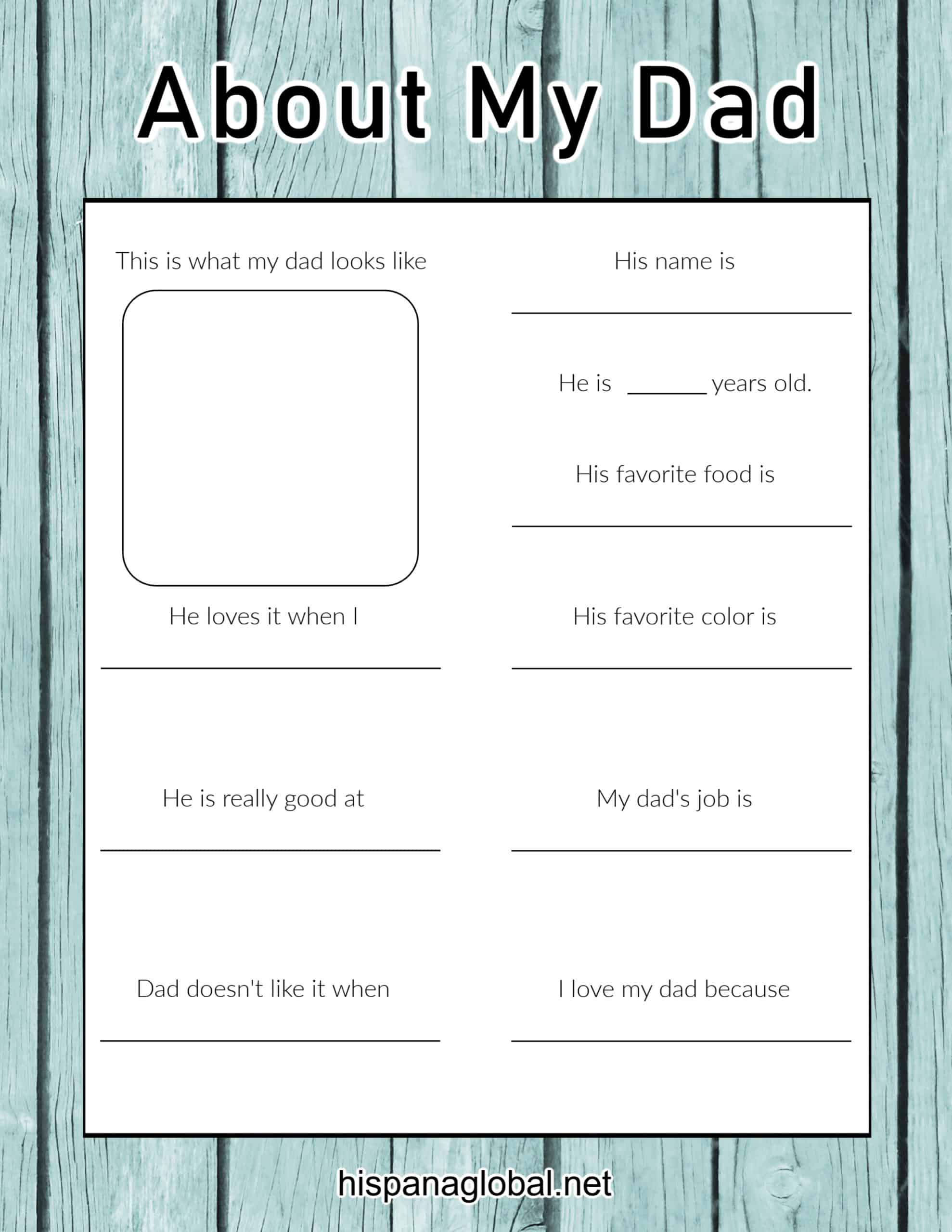How To Win The Battle Against Temper Tantrums
 Ask any parent about the “terrible twos” and you are more than likely to learn about at least one temper tantrum horror story. It’s almost impossible to escape crying fits in the middle of the supermarket, or screams so loud that security guards look at you as if you were abusing your child. Or perhaps you’ve witnessed never-ending crying jags that seem to exhaust everybody… even the child!
Ask any parent about the “terrible twos” and you are more than likely to learn about at least one temper tantrum horror story. It’s almost impossible to escape crying fits in the middle of the supermarket, or screams so loud that security guards look at you as if you were abusing your child. Or perhaps you’ve witnessed never-ending crying jags that seem to exhaust everybody… even the child!
Many parents, however, will not tell you that the tantrums don’t magically stop once your preschooler turns three. They can continue to appear at the most inconvenient of moments. Of course the good news is that they do become less frequent as your child matures.
Most child psychologists will tell you that the two key elements when trying to win the battle against temper tantrums are a) to ignore the tantrum and b) use positive reinforcement when the child is behaving well.
After raising two kids, I agree that rewarding good behavior achieves great results but sometimes being able to ignore the undesired actions of our little ones is harder than it seems.
That’s why I try to avoid the most common triggers of children’s meltdowns. If you’re a first-time parent, you may still not have figured out what they are, so I’m here to help.
Three main causes of temper tantrums
- Boredom: when your children are bored, they will try to get your attention. It doesn’t matter if they manage to do it by annoying you with whining, crying fits or an embarrassing meltdown. The whole purpose is to liven things up a bit. So keep crayons, paper, play dough and stickers handy. Bubbles also work wonders.
- Hunger: a hungry child will not be in the best of moods. Crankiness is only natural under the circumstances. Carry snacks with you (healthy ones, preferably, like fruit, cereal or yogurt) to keep hanger at bay. When my kids were younger, I always had a zip-loc bag in my purse with Cheerios or pretzels. I would avoid sugary snacks, though.
- Exhaustion: children sometimes have unusual ways of displaying exhaustion. They might be running around in circles, picking fights with their siblings or whining until you think your head will explode. However, if this is happening at what many have named “the bewitching hour” (that “magically evil” time slot between 6 and 8pm), you can safely assume your child is getting more and more tired but refuses to acknowledge it. Why? It would mean missing out on the fun or the possibility of grabbing your attention. In general, if your child is very prone to tantrums, I would avoid outings late in the day for a while.
By identifying the main causes of children’s meltdowns, you can learn how to prevent them. Once they happen, though, brace yourself for those stressful moments and breathe. Studies show that if you pay more attention to the tantrum, it will last longer. Try to ignore, get to your child’s eye-level, and explain as calmly as possible that this is not appropriate behavior. If you had warned him/her that you would leave the place you’re at if he or she misbehaved, follow through.
Also keep in mind that some children in the midst of their tantrum become entangled in their own crying spiral and are totally unable to reason at that point, so don’t ask questions such as: “why are your crying?” In that case, the best option is to distract them. By distraction I don’t mean rewarding them, but many times a change of scenery, or changing the conversation seems to end the episode.
And when you get dirty looks from those around you, ignore them, too. Focus on your child and remember that you are trying to be the best parent you can be.






